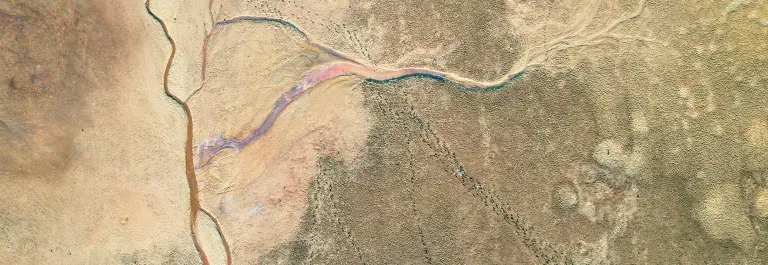Geospatial insights to support systems impacts and effectiveness
Geospatial data helps sustainability systems see and prove their real-world impact. By linking the locations of their certified areas to other data, systems can monitor their activities, spot problems early, and show evidence that their programmes make a difference.
ISEAL's work supporting sustainability systems making the most of location data started in 2017, with the Certification Atlas Project. A working group sought to enhance activities like risk management, performance tracking, and demonstrating impact. It focused on creating a universal data format, building a shared understanding of how geospatial data can improve accuracy and efficiency, and exploring how to produce a global map of certified sustainable practices (the Certification Atlas).
In 2025, as geospatial data and technology are becoming increasingly prominent, ISEAL is building on this previous work with its members. For systems already using geospatial data, we are convening a working group to help make the most of their data and new technologies. For our members who are yet to get started, we are updating resources to collect, manage and use geolocation data. This work is supported by the Walmart Foundation.
This project was supported by GIZ (2017-2020).
